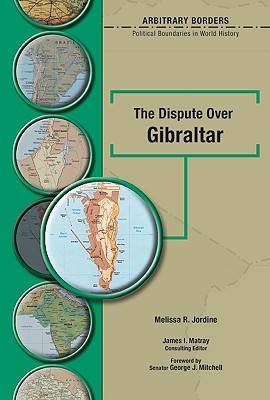Arbitrary Borders
1 total work
Phoenician traders believed it marked the end of the world. To the Greeks and Romans, it was one of the mythological Pillars of Hercules. For centuries, strategic Gibraltar, the massive limestone ""Rock"" also known as the ""Gateway to the Mediterranean,"" was besieged by marauders and vanquishers. In 1504, Spain prevailed over the Moors and formally annexed Gibraltar to its Crown. Two hundred years later, the Spanish were forced to surrender their Rock to British Admiral Sir George Rooke; the event triggered an altercation that has yet to be resolved. ""The Dispute Over Gibraltar"" helps clarify the conflict for students, explaining how the failure of Spain's claim to set specific boundaries on land or at sea led to an unstable situation in which the border changed depending on the status of Spanish-British relations and their comparative military strength. Still, monarchy and population viewed the two-and-a-quarter-square-mile territory as ""the key to Spain,"" and despite signing a treaty ceding the territory, the Spanish government maintains that no foreign country can exercise sovereignty over the Rock because it is an integral part of its territory. Diplomatic attempts to recover the Rock have been no more successful than military sieges; nor has international intervention in the form of a UN resolution calling for Spain and Britain to negotiate an end to the conflict. Britain, Spain, and the population disagree about fundamental issues and have not been able to reach a settlement agreeable to all parties.
